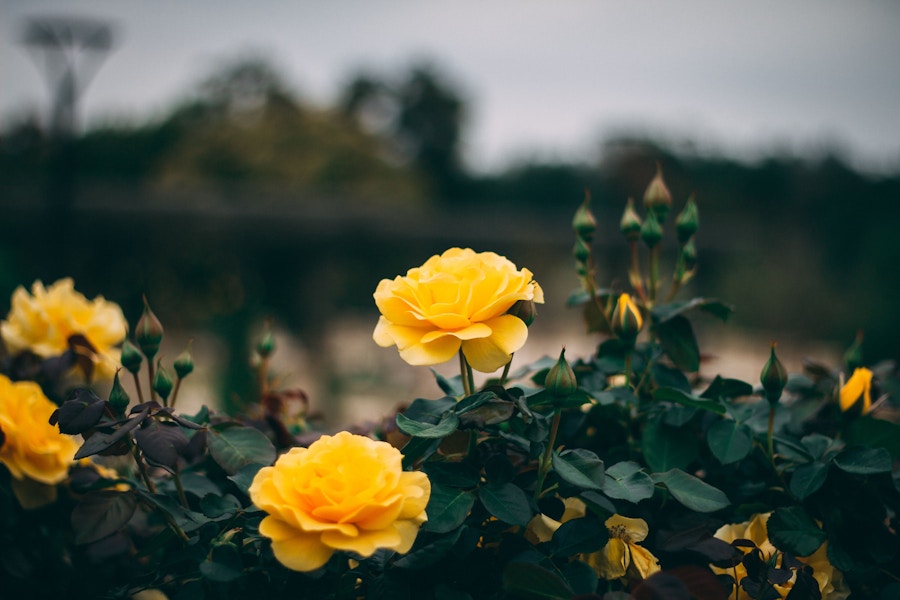Throughout the life of the church the great leaders in the faith have commended silence and solitude as necessary for making progress in the spiritual life.
During the Renovaré regional conferences Richard Foster taught,
Prayer is the most central of the disciplines of engagement, the via positiva. Solitude is the most central of the disciplines of abstinence. The reason is simple: Solitude makes the spiritual life possible because in it we are freed from the bondage to people and our inner compulsions, and we are freed to love God and know compassion for others.
The 15th century priest Thomas à Kempis encouraged this spiritual practice in The Imitation of Christ:
In quiet and silence the faithful soul makes progress, the hidden meanings of the Scriptures become clear, and the eyes weep with devotion every night. Even as one learns to grow still, one draws closer to the Creator and farther from the hurly-burly of the World.
And Henri Nouwen wrote,
Without solitude it is virtually impossible to live a spiritual life. Solitude begins with a time and place for God, and for him alone. If we really believe not only that God exists but also that he is actively present in our lives — healing, teaching, and guiding — we need to set aside a time and space to give him our undivided attention.
From each of these teachers, I hear words of invitation. Freed to love God and know compassion for others… one draws closer to the Creator… He is actively present… give Him our undivided attention. Truly these are words of invitation and comfort. Still there are barriers that prevent many of us from accepting the invitation to simply do what the Psalmist invites us to do: Be still and know that I am God. (Psalm 46:10).
Barriers to Engaging in Solitude
One barrier is an incomplete understanding of the discipline. Dallas Willard writes that solitude is “the creation of an open, empty space in our lives by purposefully abstaining from the interaction with other human beings, so that, freed from competing loyalties, we can be found by God.”
We can begin by creating an open, empty space on our calendar.
I found one of these wide open spaces by accident. I was traveling through the college town where my son lived. He asked if I would join him for breakfast before his first class on the day of my departure. Yes, of course. It was easy to delay my drive for an hour to spend time with my son. He called just as I arrived at the pancake house. He overslept so he asked if I would delay my drive by another few hours so we could have breakfast after his class. Yes, of course.
A small park was nearby so I went to wait and found a beautiful rose garden. The roses were in bloom and fresh with the morning dew. I saw a little sienna brown chipmunk darting from bush to bush. Chipmunks are shy little animals so every time I would catch a glimpse of the creature it would run away and hide. Finally, I sat down on a bench. A few minutes later I heard God say to me, “If you want to see the chipmunk you need to be very still and quiet and wait.” I sat very still and quiet. The chipmunk came out of hiding and sat on the path right in front of me. He just sat there.
God was teaching me. I understood that he wanted me to learn to be still and wait and watch for Him. The words of that old hymn came to mind: And he walks with me, and he talks with me, and he tells me I am his own; and the joy we share as we tarry there, none other has ever known.
A second barrier is the distraction around us and the many competing thoughts that run through our minds like a swarm of bees. Like any spiritual discipline we learn by practicing. We begin by finding a quiet place that is as free from distractions as it can be. We notice how we respond. It may be that learning a short breath prayer will help us return to a loving attentiveness toward God. My prayer is simply, Father. In time you will find one that is right for you. I encourage you to experiment. Sustained practice will help us understand what Teresa of Ávila means when she wrote, “Settle yourself in solitude and you will come upon Him in yourself.”
In his article, Richard Foster addresses the third barrier to practicing solitude: fear. The fear of becoming unimportant, unneeded, insignificant, useless. He teaches us how to overcome the fear and why we should set it aside. We learn to release our little “to do list” of good things that need attention. We learn to be still and seek God with our whole heart. We find little silences and solitudes all through an ordinary day.
It is in this way that, in the words of St. Paul,
We throw open our doors to God and discover at the same moment that he has already thrown open his door to us. We find ourselves standing where we always hoped we might stand — out in the wide open spaces of God’s grace and glory. —Romans 5:1 MSG
Let’s throw open our doors to God through giving him our undivided attention. Let’s delay for an hour or two something that seems urgent so that we can learn to be present to God — fully present. Perhaps you can select two or three of the suggested venues for silence and solitude and just give it a try.
[Editor’s note: This article originally proceeded Richard Foster’s article The Fear of Solitude.]
Wide Open Spaces was originally published in Perspective, April 1997.
Photo by Daniel Jerez on Unsplash
Text First Published March 1997 · Last Featured on Renovare.org July 2023


